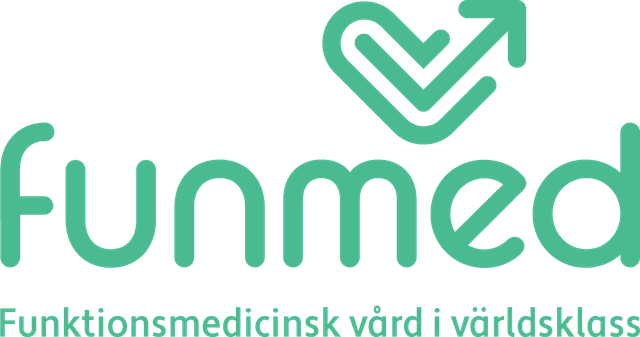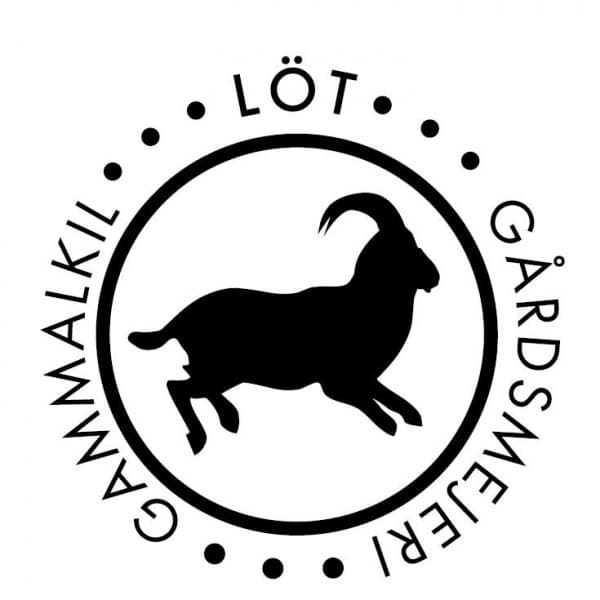Insulin kan snabba på utvecklingen av cancer
Bukfetma, prediabetes och typ 2-diabetes ökar risken för cancer. En förklaring till riskökningen är att höga insulinnivåer i blodet triggar kroppens tillväxtsystem. En kost som sänker insulinnivån skulle rent teoretiskt kunna hjälpa fler människor att överleva sin cancer. Det behövs välgjorda vetenskapliga studier inom området.
Efter en måltid får personer som har bukfetma, prediabetes eller typ 2-diabetes generellt ett högre utsläpp av insulin i blodet än vad en frisk person får. Insulinnivåerna ligger också förhöjda under en längre tid efter måltiden.
Insulin sänker inte bara blodsockret utan stimulerar även celler att växa. Hormonet aktiverar bland annat en av kroppens tillväxtfaktorer, IGF-1. Många cancerceller har mottagare för både insulin och IGF-1 på sina ytor. När insulin och IGF-1 kopplar till dessa mottagare får cellerna en signal om att de ska växa.
Bukfetma ökar risken för flera former av cancer
Att insulin triggar tillväxt i kroppen är en av flera viktiga förklaringar till att personer med bukfetma, prediabetes och typ 2-diabetes löper en högre risk att få vissa cancersjukdomar, exempelvis bröstcancer efter klimakteriet, tjocktarmscancer, äggstockscancer och levercancer.
Personer som har bukfetma (eller det som kallas ”metabolt syndrom”) kan också få ett aggressivare förlopp av en cancersjukdom.
Kan en kost som sänker insulinet påverka ett cancerförlopp?
Kartläggningar av kroppens molekyler ger alltså skäl att tro att höga nivåer av insulin i blodet kan driva cancerceller att växa snabbare. Det saknas dock stora och välgjorda studier som utreder om ett kostupplägg som minimerar utsläppet av insulin i kroppen kan bromsa ett cancerförlopp. Det är en kunskapslucka som Kostfonden menar behöver fyllas med bra vetenskap.
Vill du stötta vår verksamhet? Bli månadsgivare eller swisha en gåva på 123 900 42 43. Du kan följa vårt arbete på Facebook, Instagram eller LinkedIn. Varmt tack!




























